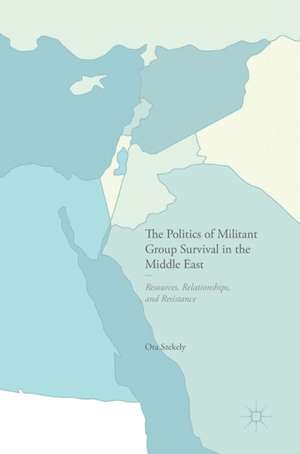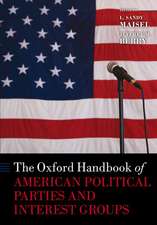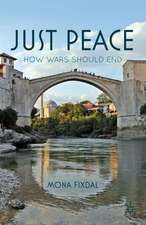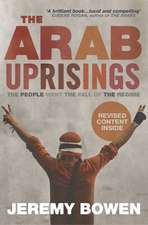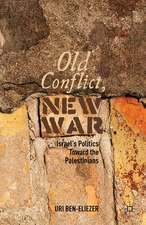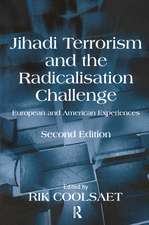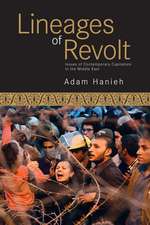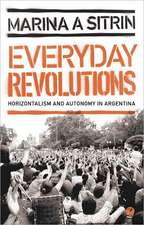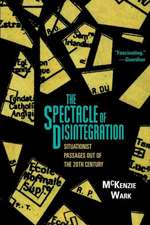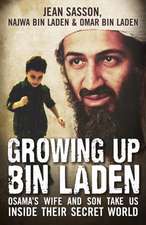The Politics of Militant Group Survival in the Middle East: Resources, Relationships, and Resistance
Autor Ora Szekelyen Limba Engleză Hardback – 16 dec 2016
| Toate formatele și edițiile | Preț | Express |
|---|---|---|
| Paperback (1) | 696.82 lei 43-57 zile | |
| Springer International Publishing – 30 apr 2018 | 696.82 lei 43-57 zile | |
| Hardback (1) | 708.75 lei 43-57 zile | |
| Springer International Publishing – 16 dec 2016 | 708.75 lei 43-57 zile |
Preț: 708.75 lei
Preț vechi: 833.83 lei
-15% Nou
Puncte Express: 1063
Preț estimativ în valută:
135.62€ • 141.96$ • 112.88£
135.62€ • 141.96$ • 112.88£
Carte tipărită la comandă
Livrare economică 31 martie-14 aprilie
Preluare comenzi: 021 569.72.76
Specificații
ISBN-13: 9783319401409
ISBN-10: 3319401408
Pagini: 361
Ilustrații: XV, 330 p. 10 illus., 5 illus. in color.
Dimensiuni: 148 x 210 x 23 mm
Greutate: 0.75 kg
Ediția:1st ed. 2017
Editura: Springer International Publishing
Colecția Palgrave Macmillan
Locul publicării:Cham, Switzerland
ISBN-10: 3319401408
Pagini: 361
Ilustrații: XV, 330 p. 10 illus., 5 illus. in color.
Dimensiuni: 148 x 210 x 23 mm
Greutate: 0.75 kg
Ediția:1st ed. 2017
Editura: Springer International Publishing
Colecția Palgrave Macmillan
Locul publicării:Cham, Switzerland
Cuprins
1: Introduction .- 2: The PLO .- 3: Amal .- 4: Hizbulla .- 5: Hamas .- 6: Beyond the Arab-Israeli Conflict Ecosystem .- 7: Conclusion.
Notă biografică
Ora Szekely is Assistant Professor of Political Science at Clark University, USA. Her research focuses on militant group policy making and performance in the Middle East.
Textul de pe ultima copertă
This book compares the performances of four key non-state actors in the Arab-Israeli conflict ecosystem: the PLO, Hamas, Hizbullah, and Amal. It argues that is not the assets a militant group has, but rather how it acquired them that matters in explaining the variation in these actors' abilities to militarily resist and politically recover from confrontations with far more powerful adversaries. Groups that rely on marketing campaigns to secure local support and regional patronage do far better than those that rely on coercion or even barter. The book develops a typology of organizations based on their foreign and domestic policies, which has interesting implications for other non-state actors, such as ISIS. It is based on field research in Jordan, Lebanon, Israel, the West Bank, Egypt, and Syria, including interviews with members of a range of Lebanese and Palestinian militant groups, as well as politicians, UN staff, journalists, and members of the Jordanian and Israeli armies.
Caracteristici
Offers a careful and illuminating examination of four non-state actors in the Arab-Israeli conflict ecosystem Synthesizes a wide range of sources, both in English and Arabic, as well as a rich set of interviews and field research Challenges conventional wisdom about support for non-state actors both in their regions and externally
